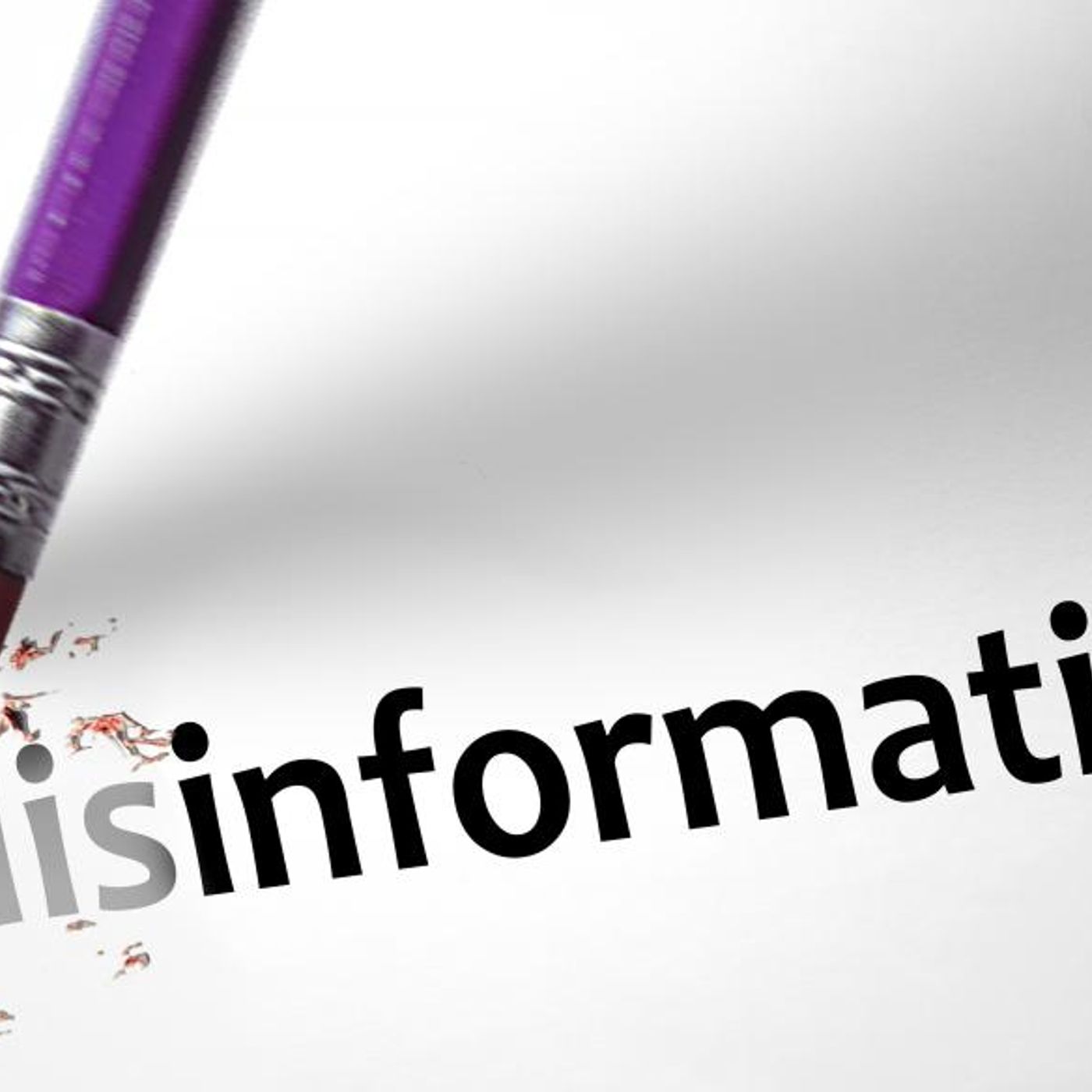- News
- Politics
- SEE MORE
- classical
- general
- talk
- News
- Family
- Bürgerfunk
- pop
- Islam
- soul
- jazz
- Comedy
- humor
- wissenschaft
- opera
- baroque
- gesellschaft
- theater
- Local
- alternative
- electro
- rock
- rap
- lifestyle
- Music
- como
- RNE
- ballads
- greek
- Buddhism
- deportes
- christian
- Technology
- piano
- djs
- Dance
- dutch
- flamenco
- social
- hope
- christian rock
- academia
- afrique
- Business
- musique
- ελληνική-μουσική
- religion
- World radio
- Zarzuela
- travel
- World
- NFL
- media
- Art
- public
- Sports
- Gospel
- st.
- baptist
- Leisure
- Kids & Family
- musical
- club
- Culture
- Health & Fitness
- True Crime
- Fiction
- children
- Society & Culture
- TV & Film
- gold
- kunst
- música
- gay
- Natural
- a
- francais
- bach
- economics
- kultur
- evangelical
- tech
- Opinion
- Government
- gaming
- College
- technik
- History
- Jesus
- Health
- movies
- radio
- services
- Church
- podcast
- Education
- international
- Transportation
- Other
- kids
- podcasts
- philadelphia
- Noticias
- love
- sport
- Salud
- film
- and
- 4chan
- Disco
- Stories
- fashion
- Arts
- interviews
- hardstyle
- entertainment
- humour
- medieval
- literature
- alma
- Cultura
- video
- TV
- Science
- en
The Rise of Digital Disinformation

Today's guest hosts are Brent Cohen, Executive Director of Generation Progress, and Charlotte Hancock, Communications Director for Generation Progress.
They discuss the spread of digital disinformation—and how the spread of lies and half-truths on social media platforms in particular have the potential to greatly influence our elections and the health of our democracy.
Pew Research published a report this past October that found that over half of adults in the U.S. get their news from social media “often” or “sometimes”—an 8% jump from the previous year. Those statistics get troubling when you consider both the amount of inaccurate or misleading information that gets circulated on social media—through organic posts from individuals, ads from campaigns, and even intentional interference from other countries—and the fact that this disinformation can be amplified via hyper-targeted paid advertising without much oversight at all.
To take a closer look at this problem and how we can start to solve it, Brent and Charlotte are joined by Rachel Curley, a Democracy Advocate with Public Citizen’s Congress Watch division, and Michael Beckel, Research Director at Issue One.
The Twitter handle for 'Public Citizen' is @Public_Citizen, and Rachel's handle is @rachEcurley. The handle for 'Issue One' is @IssueOneReform and Michael's handle is @mjbeckel.
The website for 'Generation Progress' is www.GenProgress.org and their Twitter Handle is @GenProgress. Brent Cohen's Twitter handle is @BrentJCohen and Charlotte Hancock's handle is @CharlatAnne.
The McKay Coppins article mentioned from 'The Atlantic' about digital disinformation is titled, "The Billion-Dollar Disinformation Campaign to Reelect the President." Here is a link to the article: https://www.theatlantic.com/magazine/archive/2020/03/the-2020-disinformation-war/605530/